At a campaign event in Atlanta on the evening of October 13, former President Donald J. Trump stood on stage, turned his back to the crowd, and looked up at a screen as ominous music played. For the next minute and a half, the former president and the audience watched silently as news clips of illegal immigrants committing horrific crimes. When the video ended, Mr. Trump declared that immigration was the “number one” issue in this year’s election. “(Immigration) goes beyond economics. There is nothing like it. America is an occupied nation right now. But November 5th will be America’s liberation,” Mr. Trump said after the video ended. In the final weeks before the election, Mr. Trump seemed to be listening to his intuition, focusing on the messages that he believed helped him win the 2016 election. But the former president’s intuition was at odds with polling data and the views of some advisers, according to the New York Times. Mr. Trump has told aides that he defeated Hillary Clinton in 2016 on the border, but by 2020, illegal border crossings had dropped dramatically, in part due to the Covid-19 pandemic, so he could not use it against President Joseph R. Biden Jr. Now, Mr. Trump believes immigration is more politically potent than ever after record numbers of border crossings under the Biden-Harris administration. But no public or private polling has reinforced Mr. Trump’s intuition. Voters consistently rank the economy and cost of living as their most important issues.
Intuition
Trump has spent a lot of time and energy at economic events recently, proposing tax breaks and promising benefits to encourage companies to move production to the United States or continue operating here. But the former president could not abandon his obsession with immigration. When he began to attack the topic, Trump became animated, animated and threatening. The reaction of the audience and the press was also clearly different from when he talked about prices or tariffs. Trump also had another, seemingly more “spiritual” reason for focusing on the issue. He once said that his opposition to illegal immigration saved his life. At an event in Butler, Pennsylvania, in July, when Trump turned his head to look at a graph of illegal border crossings on the screen, a bullet grazed his ear. “If you think about it, illegal immigration saved my life,” Trump told a crowd in Aurora, Colorado. While some advisers, such as Stephen Miller, fully support the former president’s intuition, other allies worry that his extreme statements risk alienating the moderate voters Mr. Trump needs to win over.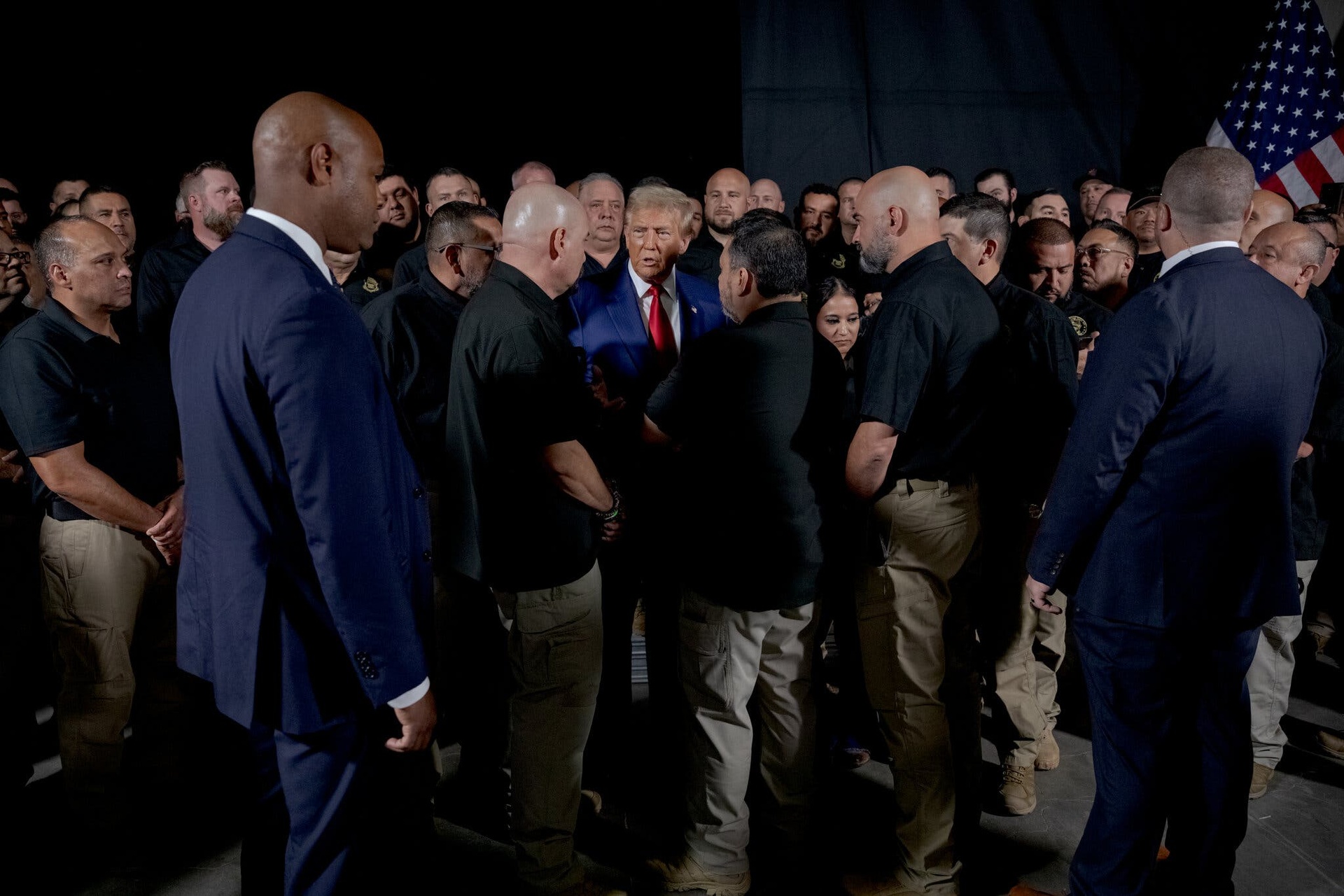 |
Mr. Trump considers immigration a core issue. Photo: New York Times. |
Mr. Trump urged his advisers to include more immigration content, and they complied. However, some of the former president’s requests were rejected.
Last month, Trump insisted on coming to Springfield, Ohio, after spreading unfounded rumors that Haitian immigrants were eating the city’s residents’ pets. He publicly announced that he would be coming to Springfield soon. Ohio is not considered a battleground state, but Trump believed that his appearance to highlight the dangers of illegal immigration would be politically powerful. But after bomb threats closed several Springfield schools and threats against Haitians spiked, Ohio Republican officials begged Trump to stay away from the area to avoid further chaos in an already tense city. Ohio’s Republican governor, Mike DeWine, also condemned Trump for denigrating hard-working Haitians. Many in Trump’s team privately thought that a visit to Springfield could do more harm than good. But Trump reiterated his intention to come to Springfield during a Univision town hall broadcast on Tuesday night. In the end, the Trump campaign compromised by having the former president speak in Aurora, Colorado, a city where he has often trumpeted the dangers posed by immigrant gangs. Colorado, like Ohio, is not a battleground state, but Trump was determined to make the trip a high-stakes issue. Even when talking about the economy, Trump tends to return to immigration. When asked by The New York Times about his plans to reduce housing costs, the Trump campaign said mass deportations of immigrants would increase housing supply and lower costs. Asked to explain the campaign’s focus in the final days of the race, spokesman Brian Hughes also said: “Mr. Trump sees porous borders as the core of so many problems, whether it’s high housing prices, low wages, or overcrowded hospitals and schools. An open border means tax dollars are wasted on illegal immigrants, instead of benefiting citizens. The campaign’s final message is to put Americans first and restore prosperity.”“Playing with fear”
Chuck Rocha, a strategist who has studied polling patterns, said Trump is betting that playing to fear will yield more votes. Rocha said some of the former president’s rhetoric could appeal to white suburban women who support abortion laws but also fear the influx of immigrants. “He’s making a calculated risk,” he added. |
America's views on immigration have changed over time. Photo: New York Times. |
Trump’s views on immigration, and the country’s, have evolved over time. When he considered running for president in 2011, Trump spent little time on the subject. Three years later, as the number of unaccompanied children crossing the border increased under former President Barack Obama, immigration dominated conservative media and became a focus of Trump’s June 2015 campaign kickoff speech.
Immigration is now a major issue in the general election, the second most important to many voters. And one of Mr. Trump’s signature policy proposals — building a border wall — is widely supported beyond his base. Mr. Trump is favored over Vice President Kamala Harris on both the economy and immigration. While his advantage on the economy has narrowed in some polls, Mr. Trump’s advantage on immigration has remained steady. As Mr. Trump has repeatedly attacked Democrats, Ms. Harris and President Biden have had to quickly reframe their image to demonstrate their toughness on the issue. Asked by Fox News on the evening of October 14 about her stance on immigration, Ms. Harris acknowledged that there are still systemic problems. Harris also tried to use Trump’s opposition to the bipartisan border bill to argue that the former president was not interested in solving the problem but was simply exploiting it for political gain. Meanwhile, at an event in Atlanta on the evening of October 13, Trump continued to emphasize: “After years of building other countries, we will protect our borders, protect our families, our suburbs, our cities and our towns.” Revealing about the US presidents The World section would like to introduce a bookshelf about the US presidents , providing readers with information about the US presidents and their relatives, thereby allowing us to have a deeper insight not only into the lives of the leaders of the land of the flag but also into American politics.
Zingnews.vn
Source: https://znews.vn/chap-niem-may-rui-hay-toan-tinh-cua-ong-trump-post1505277.html


![[Photo] Nhan Dan Newspaper announces the project "Love Vietnam so much"](https://vstatic.vietnam.vn/vietnam/resource/IMAGE/2025/4/17/362f882012d3432783fc92fab1b3e980)
![[Photo] National Assembly Chairman Tran Thanh Man meets with outstanding workers in the oil and gas industry](https://vstatic.vietnam.vn/vietnam/resource/IMAGE/2025/4/17/1d0de4026b75434ab34279624db7ee4a)

![[Photo] General Secretary To Lam receives French Ambassador to Vietnam Olivier Brochet](https://vstatic.vietnam.vn/vietnam/resource/IMAGE/2025/4/17/49224f0f12e84b66a73b17eb251f7278)
![[Photo] Promoting friendship, solidarity and cooperation between the armies and people of the two countries](https://vstatic.vietnam.vn/vietnam/resource/IMAGE/2025/4/17/0c4d087864f14092aed77252590b6bae)
![[Photo] Closing of the 4th Summit of the Partnership for Green Growth and the Global Goals](https://vstatic.vietnam.vn/vietnam/resource/IMAGE/2025/4/17/c0a0df9852c84e58be0a8b939189c85a)
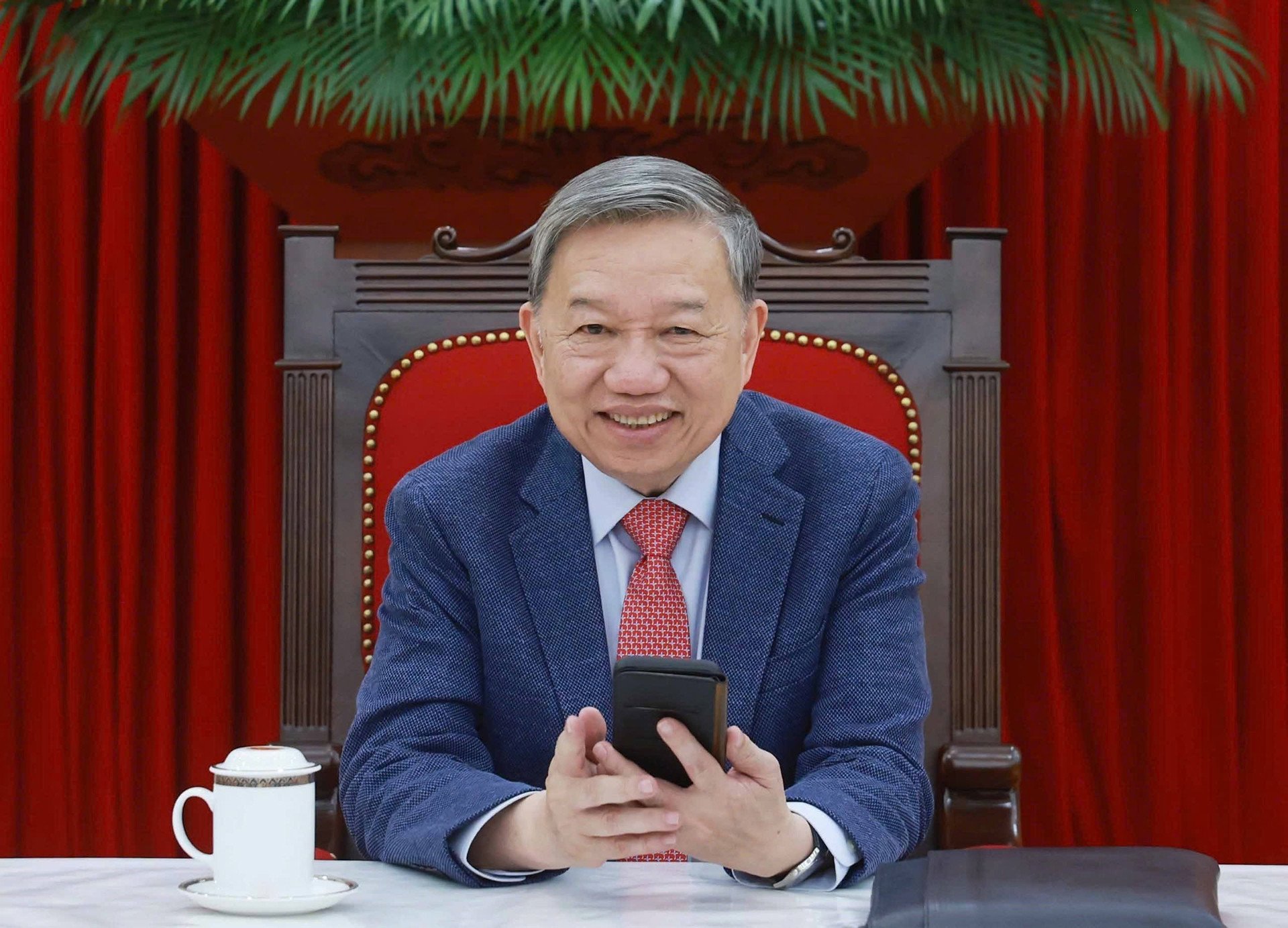



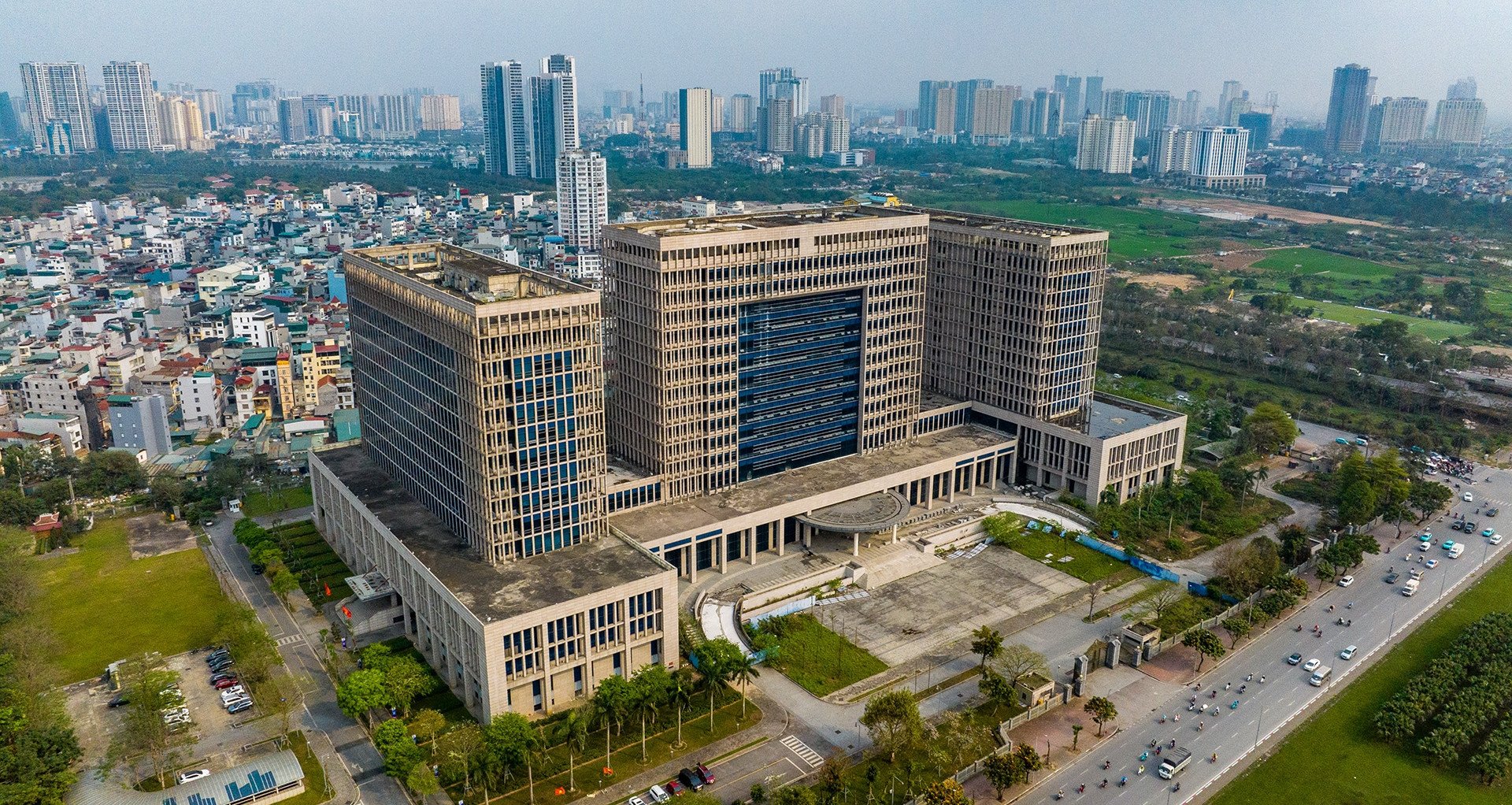


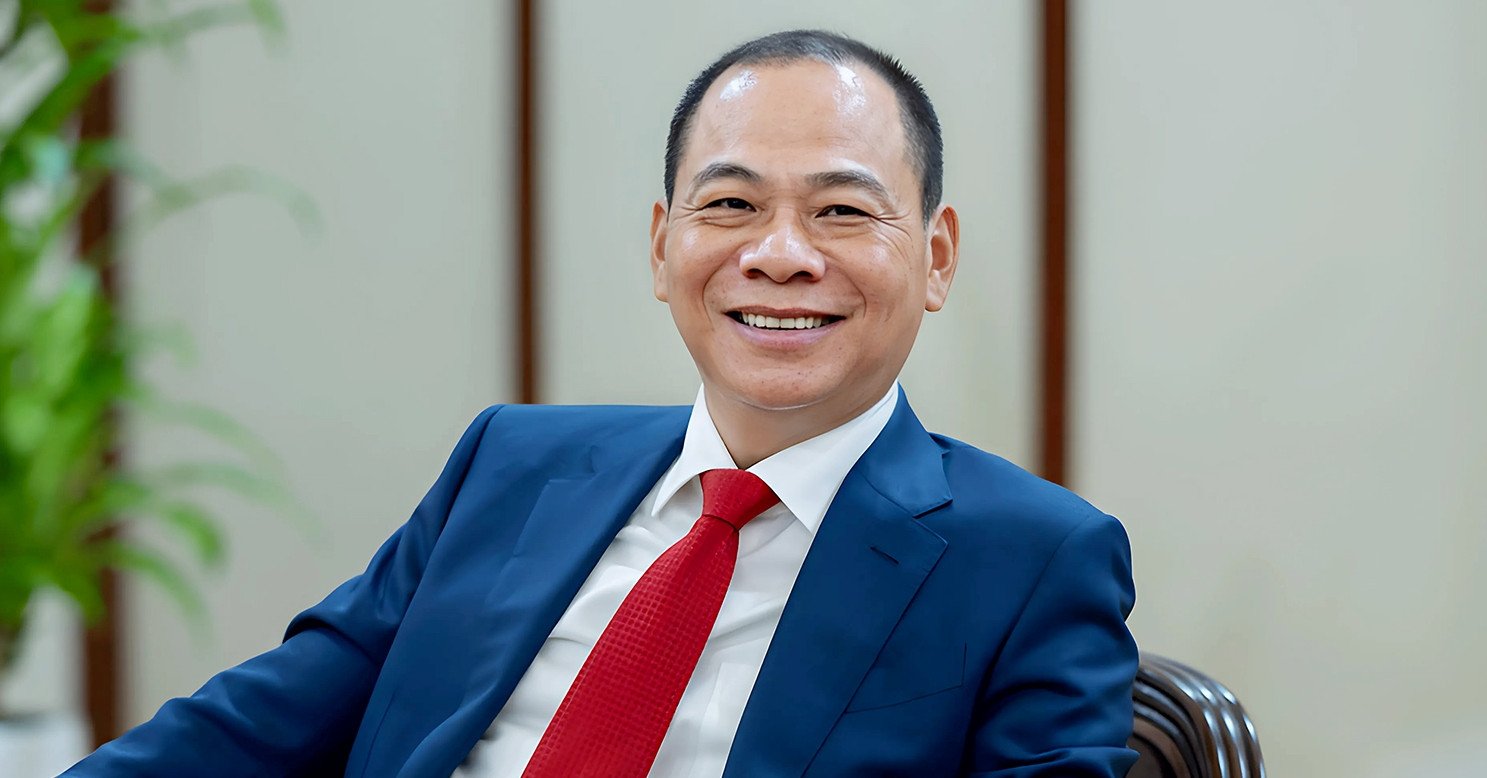
















![[Photo] Welcoming ceremony for Chinese Defense Minister and delegation for friendship exchange](https://vstatic.vietnam.vn/vietnam/resource/IMAGE/2025/4/17/fadd533046594e5cacbb28de4c4d5655)


























![[Video] Viettel officially puts into operation the largest submarine optical cable line in Vietnam](https://vstatic.vietnam.vn/vietnam/resource/IMAGE/2025/4/17/f19008c6010c4a538cc422cb791ca0a1)

























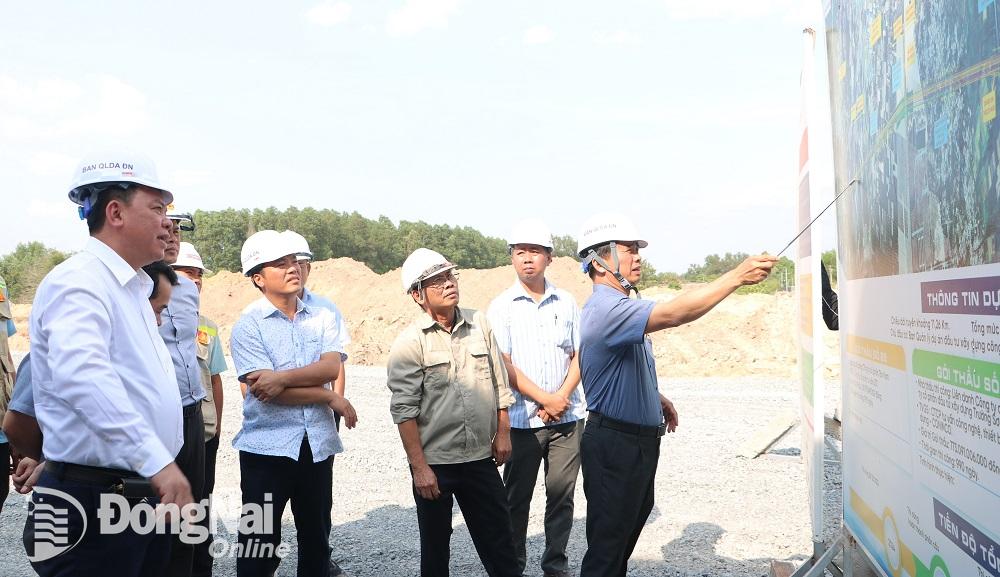










Comment (0)